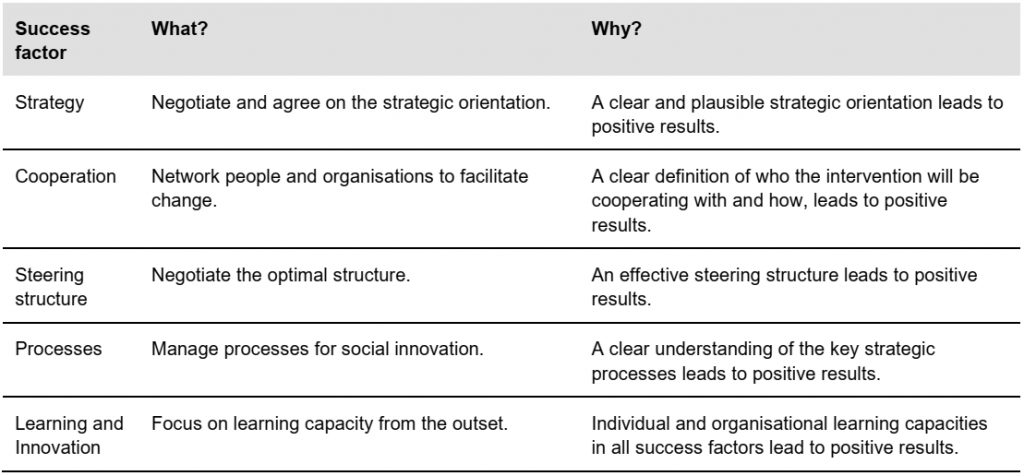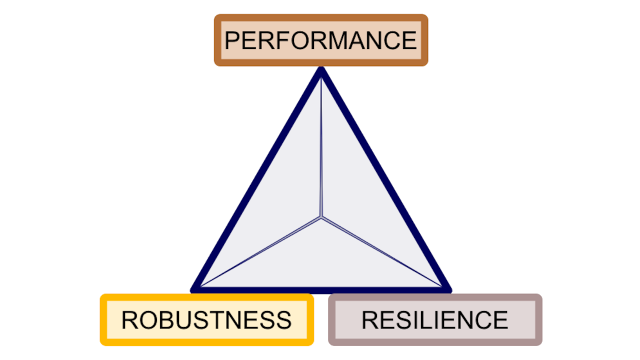
Managing in the face of complexity (part 4.7): Appropriate approaches – 7. Capacity WORKS
This article is part 4.7 of a series of articles featuring the ODI Working Paper A guide to managing in the face of complexity.
This section [parts 4.1 to 4.8 of the series] outlines specific methods that can be used for managing in the face of complexity. Most of these approaches were originally developed in corporate business, where the shortcomings of centralised ‘command and control’ models were first noted, but have since spread into public sector management. These approaches are aligned with the general principles for managing complex interventions outlined … [in the previous parts of this series], but each has a specific focus and is tailored for particular circumstances or purposes.
7. Capacity WORKS
GIZ has developed Capacity WORKS1 as a management model for sustainable development. This was intended as a response to changes in the aid architecture and stakeholder landscapes, for example delivery via programmes (instead of projects) and the need to steer them in supra-organisational cooperation systems: in short, to better handle the increasing complexity of development work. In order to assure the quality of development interventions, the model operates with five success factors. These are based on the European Foundation for Quality Management (EFQM) model, adapted to meet the specific demands for steering development interventions:
The key points of reference for Capacity WORKS are the objectives and results jointly agreed with partners: it should help to identify, focus and work through the processes required to achieve negotiated, agreed and measurable results. The concept and action in each success factor are guided by key questions and the model includes an extensive management toolbox, with each of the 40 tools assigned to one of the five success factors and their key questions. Capacity WORKS serves as a methodological guide for contract and cooperation management during implementation, but is also suitable for the project appraisal and preparation phases, as well as the concluding phase.
Next part (part 4.8): Appropriate approaches – 8. Networked management and co-management.
See also these related series:
- Exploring the science of complexity
- Planning and strategy development in the face of complexity
- Taking responsibility for complexity.
Article source: Hummelbrunner, R. and Jones, H. (2013). A guide to managing in the face of complexity. London: ODI. (https://www.odi.org/sites/odi.org.uk/files/odi-assets/publications-opinion-files/8662.pdf). Republished under CC BY-NC-ND 4.0 in accordance with the Terms and conditions of the ODI website.
Header image source: pxhere, Public Domain.
References:
- GIZ (2009). Capacity WORKS: The Management Model for Sustainable Development. Eschborn: GIZ. ↩






